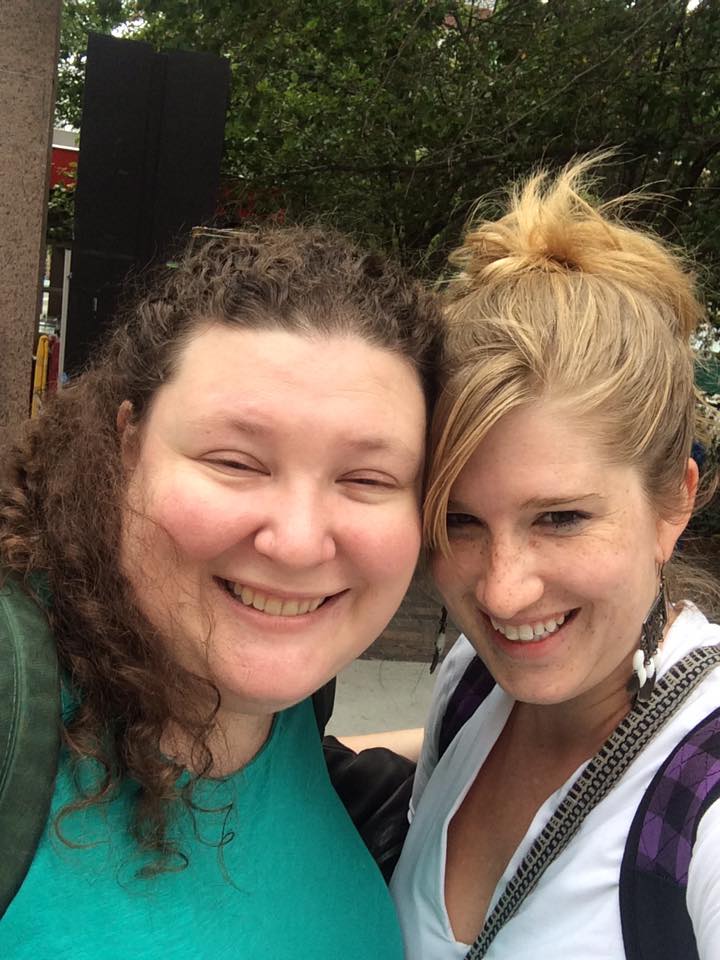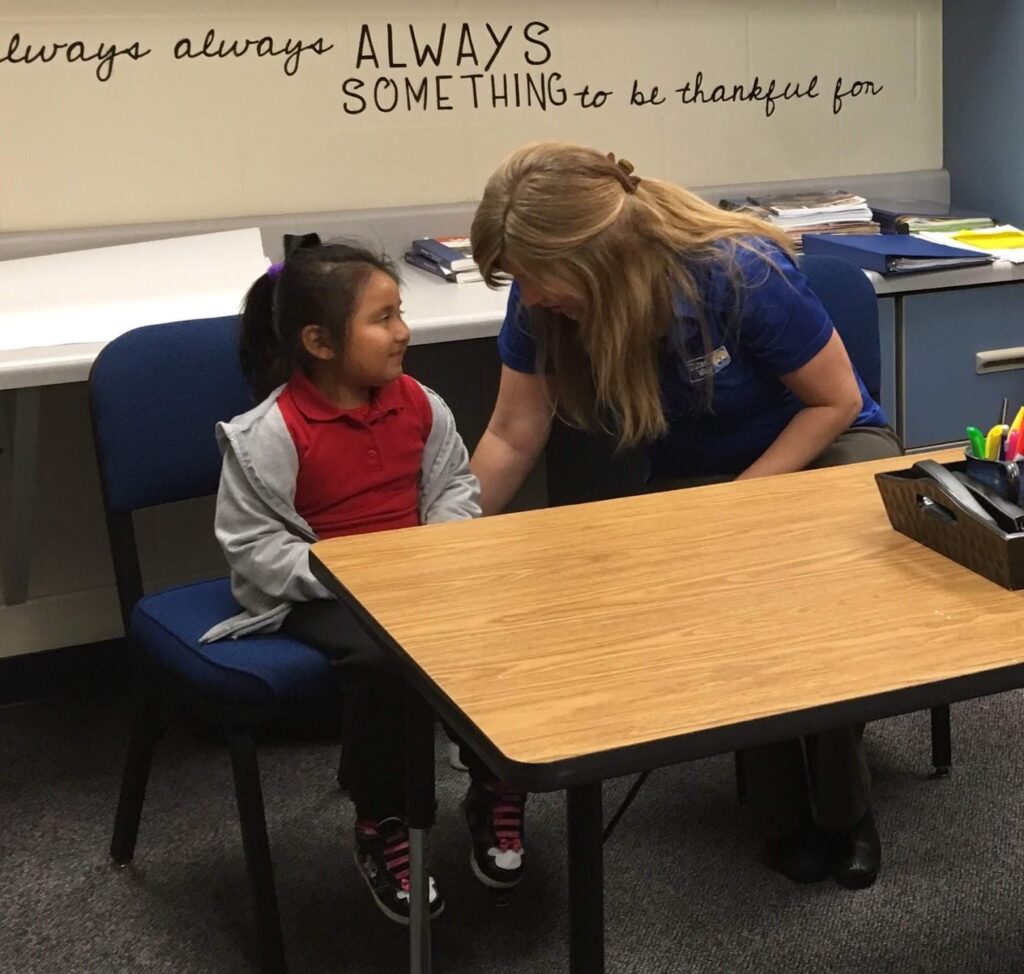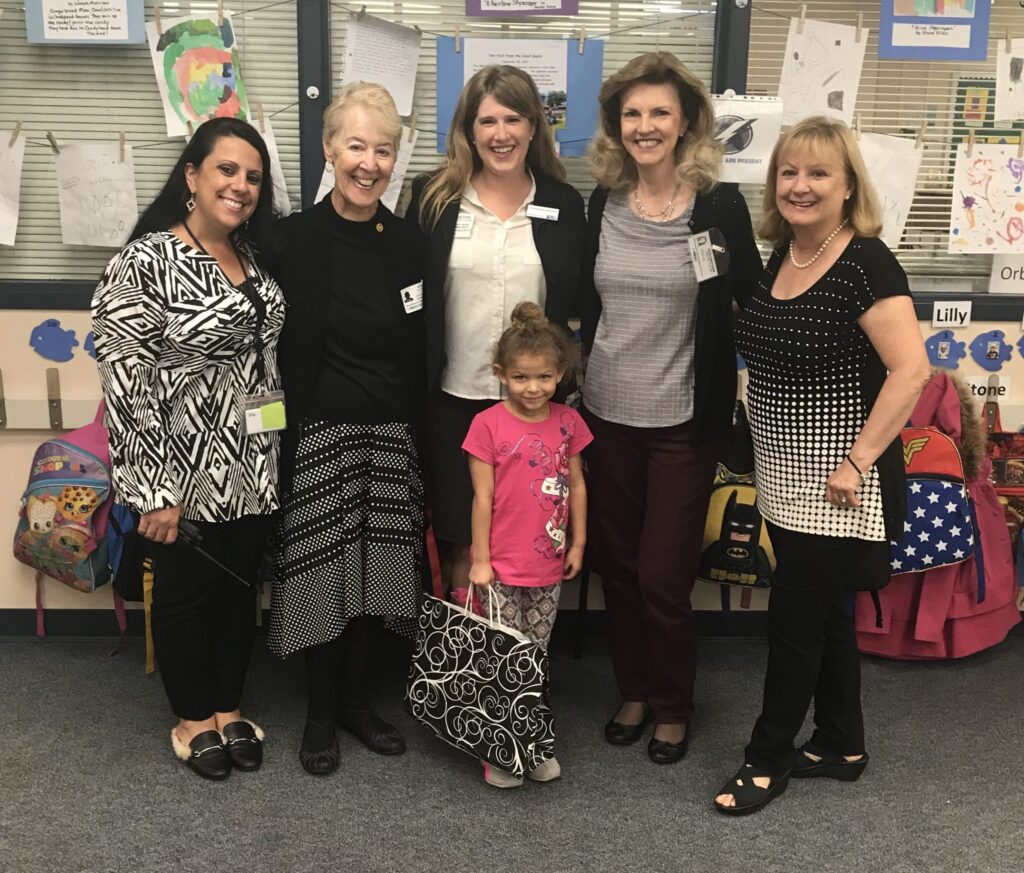Society arrived at a reckoning in the last few decades, finally admitting (openly! With fervor! And even money!) that concepts like cultural belonging, inclusion, and concentrated efforts to build and maintain social networks matter. Not only do these concepts matter for an individual’s success, they are often drivers of economic stability for both individuals and systems. Organizational lingo leveraged notions like “Business Networking” as the key to getting hired, promoted, and more; however, “Business Networking” is just another way of saying “building friendships” where people experience give and take often in the professional sphere… but in the personal lives as well. The number of “business contacts” that people have who refer realtors, doctors, vets, places to buy boats, etc is an untold story. (And will remain so in relation to this blog at least.)
As an anthropologist, I lean into the story of systems to understand history, present, and near-future circumstances. While initiatives of belonging and networking can be broken into individualized acts, there’s a true impact on the systems in which those acts occur and also on intersectional systems. Two important anthropological frameworks –Social Networks and Cultural Models–help explain why individual connections and explanations enact upon a system.
Social networks are considered relational connections among people through which resources (like education, joint transportation, childcare) and social capital (emotional support) flow. It is through these social networks that ideas and beliefs are developed and maintained. The anthropological approach of Cultural Model Theory shows cognitively how Social Networks can frame attitudes and beliefs that ultimately shape individuals’ actions and therefore the culture in which they reside. Approaches to education and problem-solving are curated and tailored within the Cultural ecosystem which is grown and sustained through Social Networks.
Social Networks and the development of healthy, educated cultural ecosystems matter. Research shows that strong social networks lend to better outcomes. Both relationship structure (the availability of relationships) and how those relationships function ( positive and negative interactions that occur therein) are germane to the development of strong individuals that reinforce the systems in which they operate.
Therefore, even as a systems-based anthropologist, I can recognize and celebrate an individual whose spark, ingenuity, tenacity, and sheer brilliance through relationships and actions support and grow a system. These individuals are so rare and so often overlooked by the systems in which they operate. They are not just the helpers; they are the comforters, the sacrificers, and The Quirky. If you’ve made it this far in the blog, you might even have someone in mind. I certainly do. Her name is Emily.
Emily is a steadfast supporter of the Future Problem Solving (FPS) program, which is not the simplest set-up. Essentially, Future Problem Solving has an overarching structure with five programs; the programs are delineated within “Affiliates”. Most Affiliates are states within the United States of America, but 13 other countries also have Affiliates. Therefore it’s not just a huge network in terms of the number of student participants, coaches, evaluators, volunteers… it’s geographically dispersed like a humongous diaspora (of nerds who really, truly, do love gathering.) The year-long program culminates in a competition “International World Finals” that brings together students, coaches, and evaluators throughout the globe. Both Emily and I are evaluators and have been since high school in *static noise, year cannot be found*. The International evaluators are a tight-knit group with very obvious microgroups divided by ages, affiliates, and probably something more. These groups are much more intersectional now due to efforts from the International staff and, unsurprisingly, Emily, who acts as the Evaluation Coordinator for the flagship program, Global Issues.

As the Evaluation Coordinator, Emily guides and calms a wild bunch of smart people who are hell-bent determined to do the utmost best for the students and can be a little stubborn in their personal opinions of what that “Best” translates to in evaluations. Emily brings energy to the group, directs discussions for consensus, and ultimately elicits clarity through her skills and knowledge of the topics and the program elements. She also sacrifices a week of sleep to resolve conflicts in the dead of night and somehow does it without throwing pencils at people asking stupid questions. (And believe me, when sleep-deprived, evaluators can ask some stupid questions. I’m one of them.) Emily also coordinates for her home state of Connecticut on top of being a dedicated evaluator for Connecticut and California. When she did a stint in Cali (Emily is not only a brilliant FPSers but also a genetic counselor and was recruited to San Diego before being drawn back to Connecticut), Emily traveled back to Connecticut to serve in her role and also started supporting California. (Truly, does this woman ever sleep?) It is clear in her official roles how Emily is a key element of our social network. While she is one connector, or node, in the ecosystem, her multi-leveled involvement makes her a centralized connector thereby sending strength throughout the Social Network web. It is through the “web” that resources and knowledge are transmitted within the ecosystem. Her knowledge and skills sustain and grow the web, with added tendrils emerging throughout her time in FPS.
Formal positions are important, but Emily goes beyond the formal and into the informal support of FPS. She goes out of her way to develop positive relationships with students, incorporating them into “roles” at various levels of FPS to provide an opportunity for increased involvement and developing leadership skills. She also encourages students nearing graduation to become evaluators and has recruited several dedicated evaluators and volunteers for IC and at the Affiliate level. More so, Emily is a fierce, fierce friend. Her kindness, loyalty, intelligence, and quirky sense of humor has resulted in numerous friendships within the FPS ecosystem. I am part of one such group that has even traveled to New York and Boston just to spend time together. We have supported each other in times of great joy (awards, marriage, children), transitions (job, moving), and difficult times (death, loss.) We all have different careers, wildly different personalities and lifestyles, and live in different cities; yet, we have maintained our friendship for over 12 years now. We have all remained tied to FPS in one way or another; a key element of social networks maintaining cultural groups.
In conclusion, hats off to society (finally) recognizing the importance of social networks and much appreciation to strong connectors like Emily without whom The Future Problem Solving program would not be the same.


